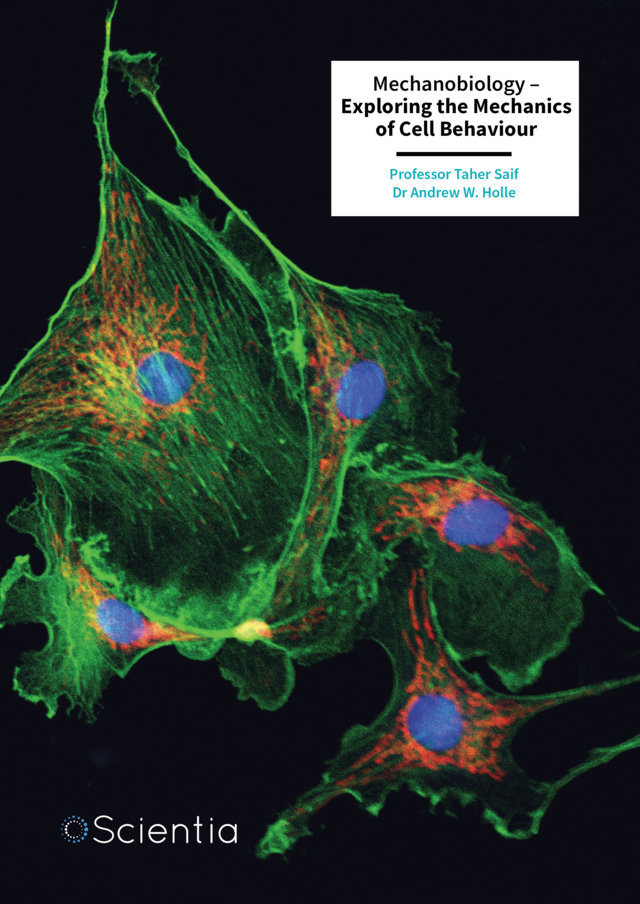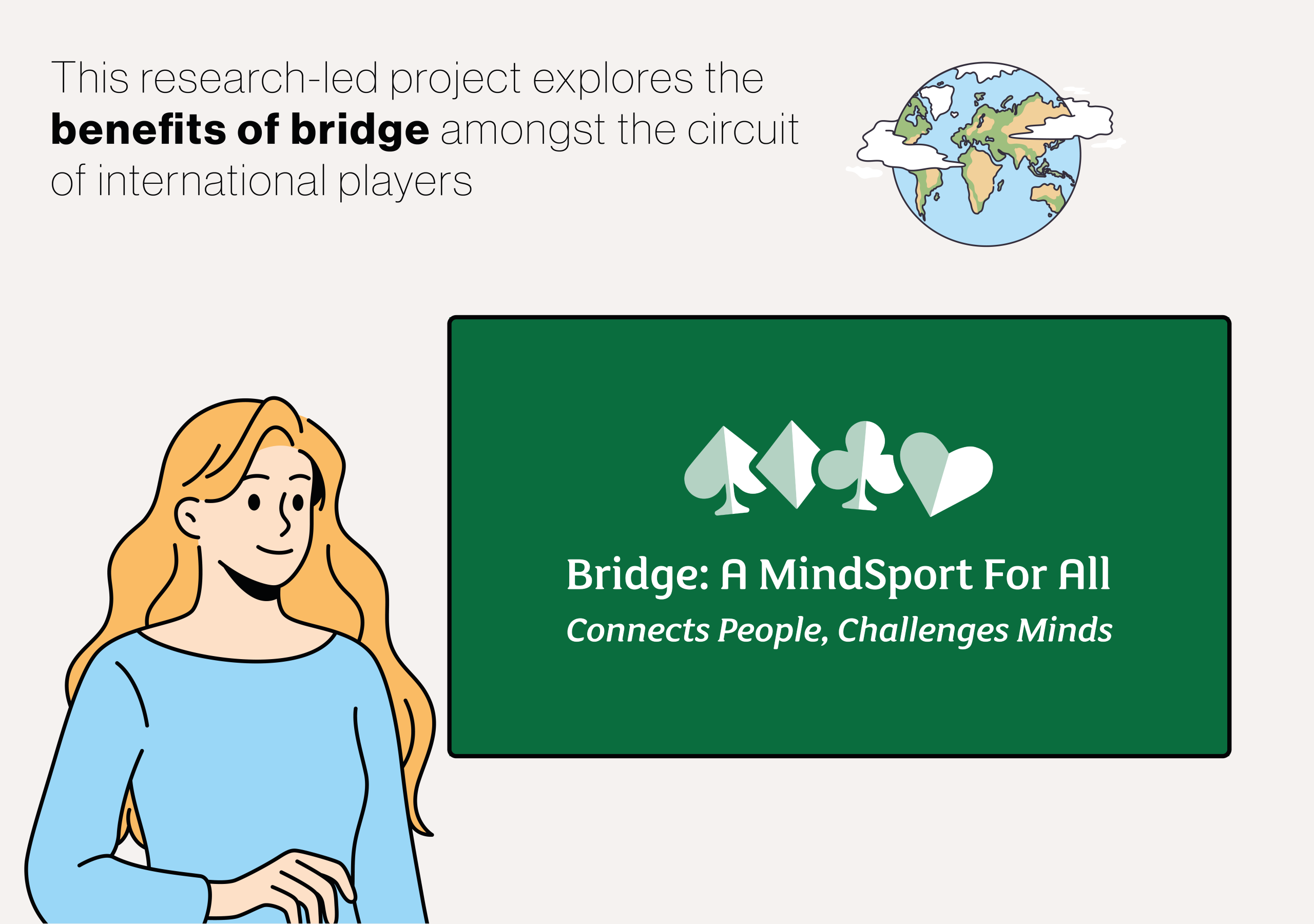Early adversity, such as family violence, parental depression and low income, puts children at risk for maltreatment and negatively impacts their development. A team of researchers led by Nicole Letourneau at the University of Calgary has evaluated a promising intervention called ATTACH™ (which is short for Attachment and Child Health) that aims to improve outcomes for vulnerable families by enhancing parental reflective functioning. More
Children who experience early adversity, such as family violence, parental depression, or poverty, are at higher risk of maltreatment and face challenges in their social, cognitive, and neurological development. However, researchers have found that when children have a strong, healthy emotional bond with their parents – what experts call “secure attachment” – it can lead to much better outcomes for their health and overall development.
One of the key factors that helps to create this secure attachment is something called parental reflective functioning (or RF for short). Parental RF refers to a parent’s ability to think about and identify thoughts, feelings, and mental states in themselves and their children. It goes beyond related concepts such as empathy or emotional intelligence, focusing specifically on the parent-child relationship. Parents with high RF can interpret their child’s behaviour by considering both their own and their child’s mental state, while those with low RF may struggle to understand their child’s needs and experiences.
Unfortunately, parental RF is often suboptimal in populations at risk for child maltreatment. These families may face multiple challenges, including histories of trauma, substance abuse, mental health issues, or socioeconomic disadvantages. The good news is that parental RF appears to be modifiable through intervention, offering a potential pathway to improve outcomes for vulnerable families.
Dr. and Professor Nicole Letourneau and Dr. Martha Hart at the University of Calgary have developed the ATTACH™ program, a psycho-educational intervention designed to enhance parental RF and improve children’s developmental outcomes. In a recent paper, Dr. Letourneau and the team explore the results of the second phase of their research project.
Parental RF plays a crucial role in child development and has been linked to various positive outcomes. Studies have demonstrated that higher levels of parental RF are associated with improved social-emotional skills in children and fewer behavioural problems. Children of parents with higher RF tend to show better emotion regulation and fewer issues with anxiety, depression, and aggressive behaviour. Additionally, there’s evidence suggesting that parental RF may influence children’s sleep patterns, with higher RF linked to fewer sleep problems in infants and young children.
The ATTACH™ program aims to enhance this vital skill in parents who might be struggling due to factors such as poverty, substance abuse, or domestic violence. The program consists of a series of sessions where parents learn to better understand their own mental states and those of their children. Specifically, it involves 10-12 weekly face-to-face sessions between a parent and a facilitator, along with 2-3 sessions that include a co-parenting support person.
In their latest study, Dr. Letourneau and her team conducted two randomized controlled trials, where participants are randomly assigned to treatment or control groups, and two quasi-experimental studies, which use comparison groups but lack random assignment. These studies involved a total of 45 parents and their children aged 0-5 years. The families were recruited from inner-city agencies in Calgary, Alberta, serving low-income families and those affected by domestic violence.
The research team found that parents who participated in the ATTACH™ program showed significant improvements in several areas. Parents demonstrated increased RF, becoming more curious about their children’s thoughts and feelings, and better able to interpret their behaviour. They also showed improved executive function, enhancing abilities such as working memory and self-control, which are crucial for effective parenting.
Interestingly, as parents improved their reflective functioning skills, they also reported feeling more supported by others, which could help parents to meet their children’s needs, potentially serving as a protective factor against maltreatment. Children of parents in the program also showed improvements in communication, problem-solving, and social skills. Parents reported fewer issues with anxiety, depression, and aggressive behaviour in children. Additionally, sleep problems decreased in the children, which is crucial for overall development.
These findings are particularly exciting because they suggest that by improving parental RF, we can positively impact multiple aspects of both parent and child well-being. The ATTACHTM researchers believe that as parents become better at understanding and regulating their own emotions, they can respond more sensitively to their children’s needs. This, in turn, helps children to feel more secure, display more optimal behavior, and develop more positively.
The ATTACH™ program’s positive impacts on child behaviour and sleep problems are particularly noteworthy. Early behavioural issues can increase the risk of poor lifelong outcomes, including psychopathology. By addressing these problems early through improved parental RF, interventions such as ATTACH™ may help to prevent more serious issues from developing later in life.
Drs. Letourneau and Hart’s research is a real-world examination of the ATTACH™ intervention with families from diverse backgrounds and with children of various ages. However, the researchers do acknowledge the relatively small sample sizes and the potential for reporting bias when relying on parent-reported outcomes. In addition, while the study showed promising results in many areas, it’s worth noting that no significant changes were observed in children’s executive function. The researchers suggest that this aspect of development may take longer to show measurable changes, and future studies might benefit from longer-term follow-up assessments.
Looking ahead, the researchers emphasize the need for further studies to explore the long-term impacts of the ATTACH™ program and to examine its effectiveness in different populations and settings. They also suggest that future research could delve deeper into the mechanisms through which improved RF leads to better outcomes for children.
Overall, the findings suggest that ATTACH™ has significant potential as an intervention for families at risk of child maltreatment. By enhancing parental RF, the program appears to contribute to improvements across a range of important outcomes for both parents and children. This is strong evidence for the potential of RF-based interventions in supporting vulnerable families and promoting healthy child development.







